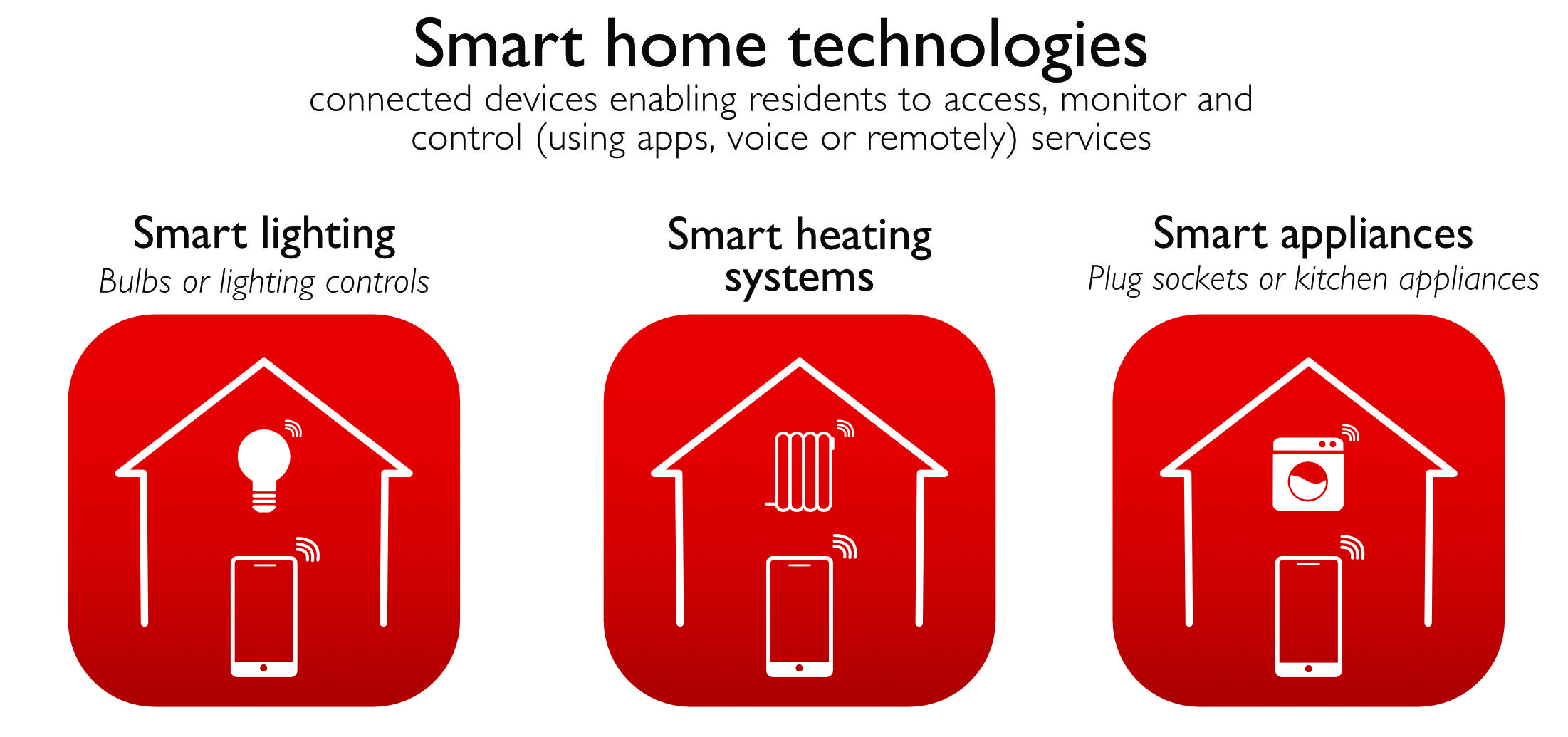
By Emilie Vrain Senior Research Associate and Charlie Wilson Professor based at the School of Environmental Sciences, UEA and Tyndall Centre for Climate Change Research.
The spread of ideas, trends, and innovations are heavily influenced by our social networks. We rely upon advice and recommendations from people we trust to make decisions on what to buy, where to visit, what movies to watch. But how important are social networks when it comes to choices impacting climate change?
In our new article, published in Environmental Innovation and Sustainable Transitions, we demonstrate the importance of studying social networks and communication behaviours for reaching net zero. Using smart home technologies as a case study, our paper identifies specific social barriers hindering mass market adoption. We outline marketing strategies and policy actions needed to help accelerate the diffusion of low carbon innovations.
With the urgent need to radically transform domestic energy use – reducing demand and increasing efficiency – digitally controlled smart home technologies offer vast potential to lower CO2 emissions.

The smart home technologies shown above can help directly reduce energy use and improve energy management (i.e. energy being turned on and off, stored, scheduling tasks and shifting peak load). Additionally, they can help engage consumers to be more aware of their energy use.
Despite their potential benefits for the energy system and consumers, such innovations remain trapped in small market niches. To get to the bottom of why this is, previous studies have often focused on what people don’t like about them. Are they too expensive or too complicated? Are they concerned about security and threats from hackers? We, on the other hand, focused on the role of people’s social networks and the communication occurring within them. To do this, we conducted an online survey in the UK with adopters and non-adopters of smart home technologies.
Overall, we found that both adopters and non-adopters have a positive opinion of smart home technology. However, these positive views amongst non-adopters were not enough to persuade them to make a purchase.
Adopters were found to mainly share information with their close wealthy friends, speaking less with colleagues, acquaintances and other distant contacts. As for the non-adopters, they reported knowing very few people who have smart home technology. This combination results in a lack of trusted information spreading from those with first-hand experience.
Results highlight the need to focus marketing and policy strategies on tackling the social barriers discovered. Such strategies are outlined in our paper, which also highlights how such insights could be transferable and applicable to other low carbon innovations trapped in small market niches.
Access the full scientific paper published in Environmental Innovation and Sustainable Transitions.
About the authors
Emilie Vrain is a Senior Research Associate and Charlie Wilson is a Professor based at the School of Environmental Sciences, UEA and Tyndall Centre for Climate Change Research. This research was supported by ERC Starting Grant #678799 as part of the SILCI project (Social Influence and disruptive Low Carbon Innovation). For further information on this project please visit www.silci.org